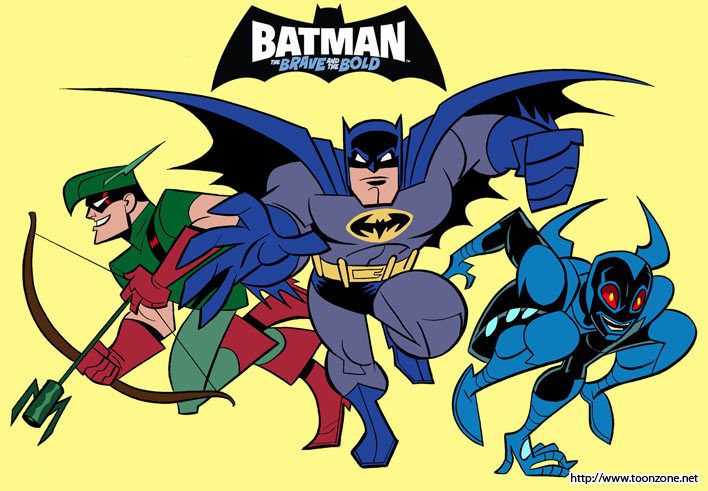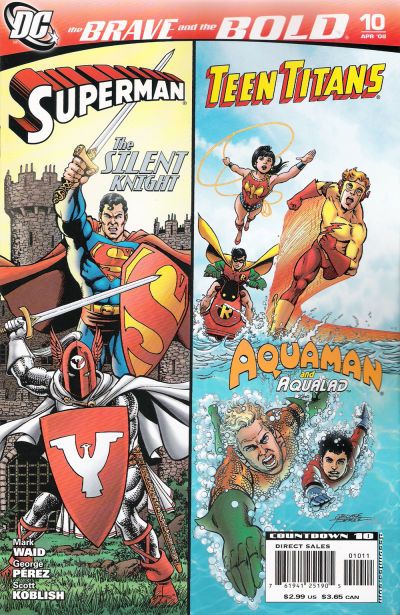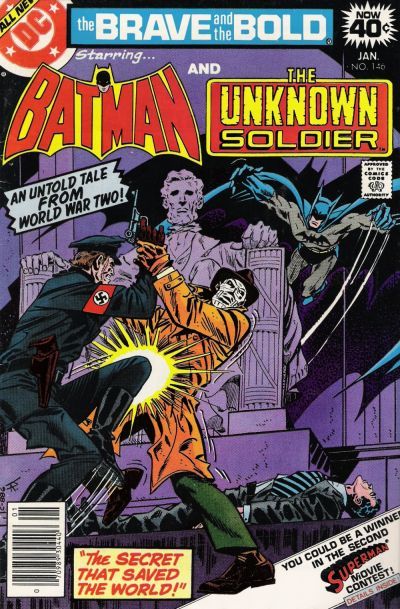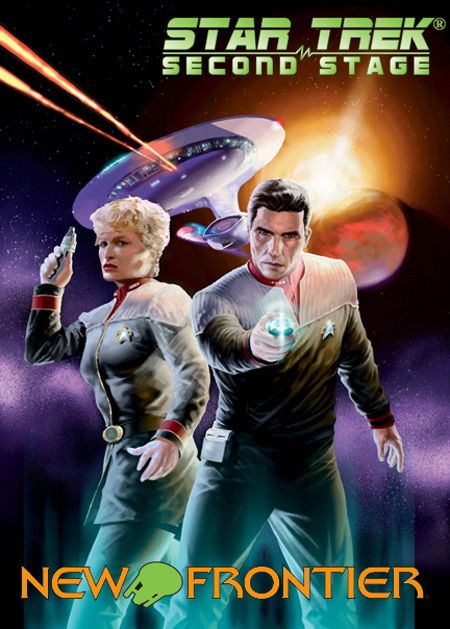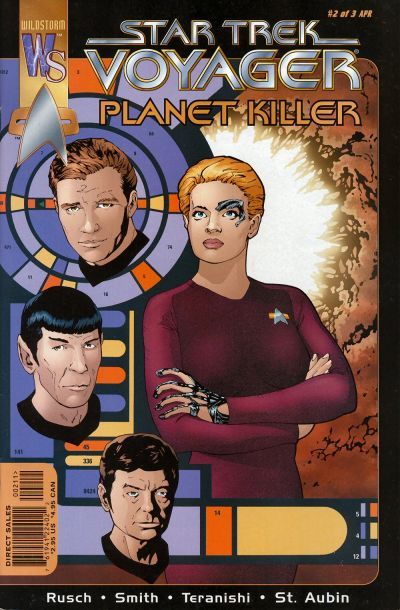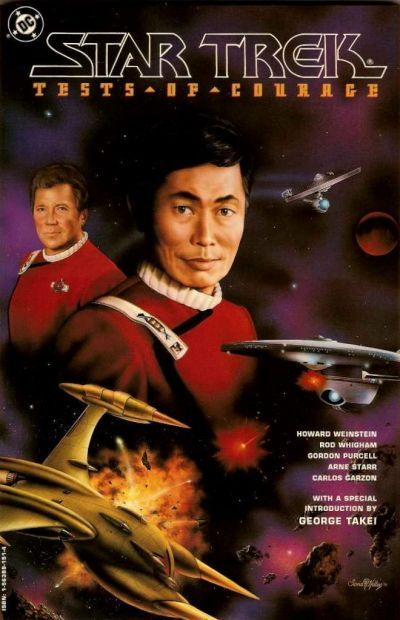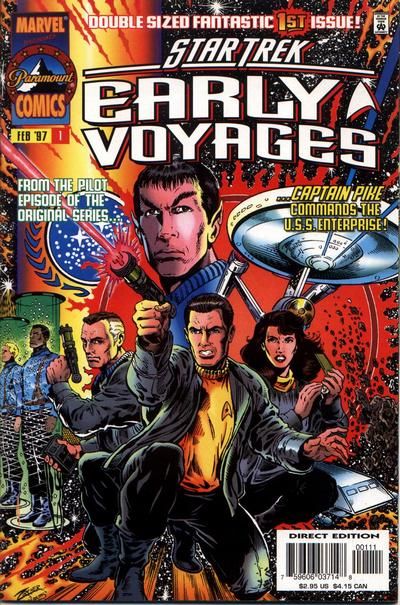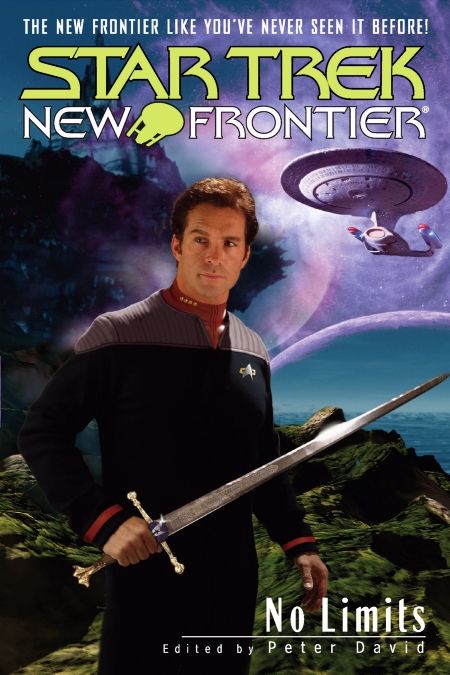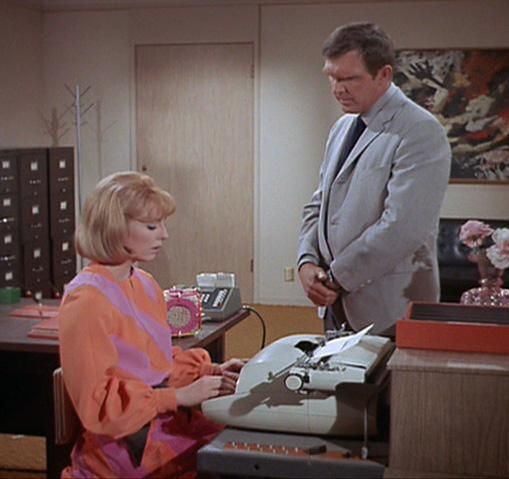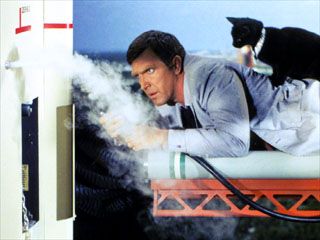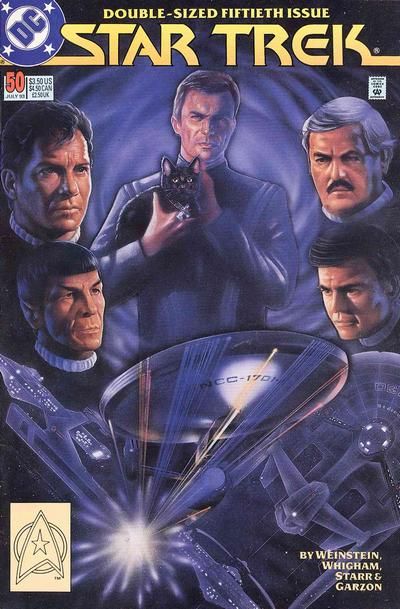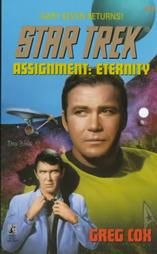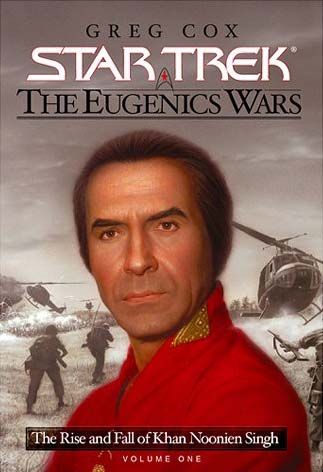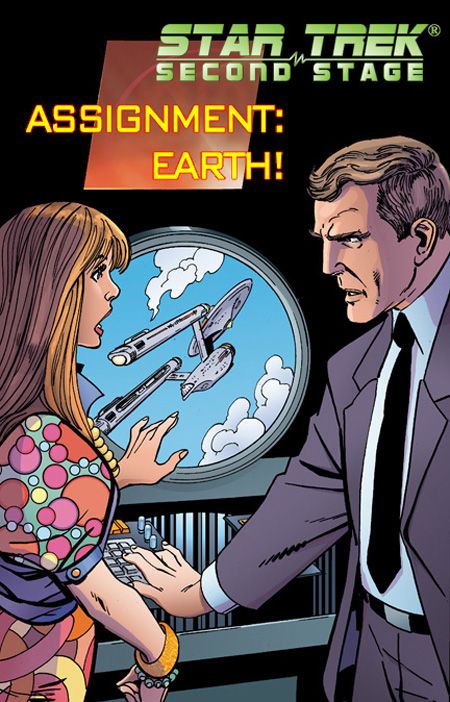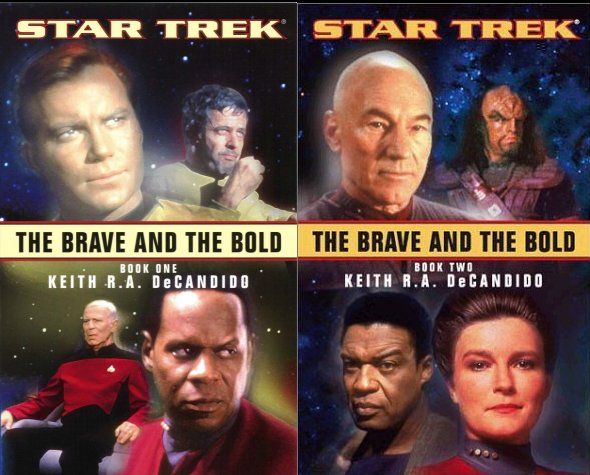Various and sundry news items, and a couple of purchases, got me thinking about the basic split-personality so many of us modern comics readers have going in our heads. This one wanders around a little, but we'll get there, I promise.
The thing that got me started on the road were the various brawls and catcalls and bad feeling flying around the net regarding the latest Batman cartoon series in the works, The Brave and The Bold.
Of course, this is nothing new. Jaded old Bat-fans like me have been seeing this fight play out in one form or another ever since Adam West first put on the cape and cowl. What got me mildly interested in this one was when Mike Manley weighed in and chewed out all the fans bitching about it.
Now, Manley works on the show, so it's not like he doesn't have a horse in this race, but a lot of what he had to say makes sense. Certainly, it echoes what several of us on the blog have said in the past about DC and Marvel policy, and the inevitable dead-end that results from publishing "aficionado's key club" comics as your primary output.
As a counterpoint/corollary to this, I read that DC's new Brave and the Bold revival is tanking hard.
This surprised me. I admit that I've had mixed feelings about it myself, the book blows hot and cold for me -- but I'd thought it was doing well, I had no idea sales had slid down so hard and fast in a single year. The odd thing is that after looking at various reviews, and the comments appended to them by readers putting their two cents in, I concluded that my mild distaste doesn't seem at all related to everyone else's marked distaste.
Because on the whole, it's not a bad book. Certainly not in the way that, say, Countdown or Ultimates 3 are just plain awful. There are bits of a good story trying to get out in the new B&B, there are lots of fun moments, it's an entertaining premise. But the story is dragged out to the point that it gets bogged down, I never can quite get into it. Despite the fact that this should be working for me -- I like Mark Waid's work, I like the idea of an ongoing team-up book, I'm rooting for the new Brave and Bold to succeed. But I'm only lukewarm about it.
The core of it is that, more than anything else, what I don't care for is that the book is so clearly and utterly aimed at me and my generation that it feels like Mark Waid's out in the other room shouting, "Hey, Greg? You remember Silent Knight? I was thinking of throwing him in there, for old time's sake. And maybe a flashback to Aquaman's wedding." Never have I seen such a blatant fans-only-key-club orientation for a comic as this one seems to have.
I know it seems ridiculous, but that kind of laser targeting at my demographic always makes me feel uncomfortable. I feel absurdly guilty, as though the comic is being published to placate me rather than with an eye towards expanding the audience. And yet, every time I've used this space to say so, there is a chorus of people showing up to tell me, "Get over it, Greg, hardcore fans are the only ones reading superheroes these days anyway, why shouldn't we be driving the bus?"
So what is it about Brave and the Bold that nobody likes? Is it trying too hard to go after the fans, too obviously constructed for the inevitable trade publication (my feeling) or is it too "old school" and "out-of-touch" (a recurring theme in the review comments.)
Over at the Beat, Heidi MacDonald floated the idea that maybe there's just a different breed of fan out there these days, that DC's real mistake was inviting the wrong group of aficionados to the party. Today the majority of superhero fans want the giant tapestry of continuity and the decompressed storytelling, but not the old-school style of it; the book didn't have that sleek modern feel... like Millar/Hitch, say, or somesuch.
Could be. That would explain a lot of what I don't get about the success of books like the new Justice League or The Ultimates. But even that doesn't quite cover a complaint I've seen recurring -- not just regarding The Brave and the Bold, but about a lot of Marvel and DC spandex books that are sliding downhill fast and no one quite understands why.
The complaint is this: Books don't just have to be good. They have to "count."
Huh?
What the hell does that mean, 'count'? Count towards what?
In this week's DC Nation blurb, Dan Didio actually addresses this. Let me quote it directly: "Our goal has always been a 'simple' one: tell the best stories possible while building a cohesive universe. It's what everyone wants, but to be honest, it's a bit difficult to achieve. ...I know everyone likes following their favorite series, but they also like to follow the key moments of the DCU as they occur. This page has always been a good place to find out, but just to be sure you don't miss any soon-to-be-landmark issues, look for the 'SIGHTINGS' banner appearing on 'special' issues throughout the year.
"SIGHTINGS will be your signposts, marking important storybeats and moments throughout the DC Universe."
There's more, but you get the gist of it. Reading this, my jaw just dropped. Seriously? THIS is the plan? From now on DC is going to plaster a special logo on books that are deemed important to the overall continuity. The ones that, let's say, 'count.' The rest of the line? Sucks to be those guys, I guess.
Am I the only one that thinks this is... well... nutty?
I mean, to take The Brave and the Bold as the example -- since it's easiest to stick with the one I started with -- this is a book that would never get the special logo. That actually was one of the reasons I liked the original.
You could make yourself crazy trying to make the original run fit into the larger DCU picture. (In fact, I know a couple of historians who've tried and given it up as hopeless.)
And even the few issues of the original B&B that clearly had their place in the larger DC tapestry all worked out still got wiped out of existence when one or another continuity revamp kicked in.
Alan Brennert's "Interlude on Earth-Two" is widely regarded as one of the finest stories anyone ever did in the book. Does it 'count'? No. And according to the new Didio ruling, such stories can be safely ignored.
Brave and the Bold NEVER really counted. That was one of the charms of the series in all its various incarnations over the years. I've already written about the joyous wonder of out-of-continuity lunacy that was the original B&B. But really, even the more modern takes on it are safe to wander in and out of.
Did the 90's one count? Probably not. Does anyone even remember the Butcher? Doubtful. In fact, hardly anyone refers to the 90's Green Arrow any more; I have a hunch that the Grell era has largely un-happened, so to speak.
But the hell of it is -- as a publishing strategy, this "Sightings" business probably will work. It's worked in the past, any number of times: logos plastered on the regular books like Crisis Tie-In, Legends Chapter 4, Millennium Week 3, etc., etc. In fact, there are quite a few times it worked on me.
All this is doing is institutionalizing the company-wide crossover as the ongoing status quo. Which, really, has been the case at DC and Marvel for the last five or six years. Only now at DC, it's official.
At which point it dawned on me that Didio isn't really doing anything other than reacting to the market. Which is, y'know, his job.
And at that point is when it dawned on me about the basic personality conflict so many of us suffer from. (See, I told you I was headed somewhere specific with all this, and here we are.)
You know those cartoons where there's an angel on one shoulder and a devil on the other? We fans don't have a devil on one shoulder and an angel on the other, but it's kind of like that; I think there's two different personas whispering in each ear. If I were to give those warring personalities names, one would be the Nerd and the other would be the Visionary.
My inner Nerd is the guy that can't resist techniques like a special crossover logo. He has to know everything that happens in the DCU. Even if I'm not buying the book, my Nerd will be squatting on my shoulder every Wednesday at the comics shop, insisting that I pick up everything labeled with "Sightings" and flip through it just to see what that week's landmark development is.
For the record, he's also the guy that tries to ruin every superhero movie I've ever seen by listing all the ways it contradicts the printed version; he's the guy that understands every in-joke reference in the TV show Heroes and knows the name of every character cameo in every background shot in Justice League Unlimited. He's the guy that knows exactly what Jewel Kryptonite does, the guy that can tell you exactly which X-Men have been on the roster of each incarnation of the team, and the guy who, when he sees a paragraph like this one I'm writing, involuntarily tries to rattle off the answers to every trivia item noted in the example. (Show of hands: how many of you reading this did that? See what I mean? You've got one on your shoulder too. Own up.)
The Visionary, on the other hand, sits on the other shoulder. He's the guy that longs for the day when comics are seen as a literary form and not just as a ghetto for basement-dwelling geeks, the guy who rejoices at seeing the graphic-novel section in bookstores, the discerning reader that appreciates Joe Sacco and Marjane Satrapi. My inner visionary is the one that teaches comics in middle school and gives talks at libraries and worries about the future of the form. He understands manga is the new mainstream and is largely okay with it; after all, it's still comics. He wonders if maybe webcomics are the wave of the future, wishes DC and Marvel would get off the hamster wheel of 22-page booklets and embrace the future by going full-on into the graphic novel format, and loves the idea of Minx. I daresay quite a few of you out there have some version of this guy on your shoulder too.
My theory is that none of us fall all the way into one category or the other, we each have the two personalities within. (On any given week it's a tossup which one of mine are writing the column, which is why it may seem a bit schizoid from time to time.)
So really my issue with Dan Didio and the "Sightings" idea is that it's putting DC superhero comics completely over to the Nerd side. Giving up utterly on the idea that anyone else will be interested in the things, dropping any pretense of welcoming new readers that happen to stumble by, let alone actively pursuing them.
Even my inner Nerd is a little ambivalent about that idea. After all, we aren't going to be around forever... and anyone who's ever sat though an episode of Beauty and the Geek knows that we are not terribly likely to reproduce.
Is there a third alternative? A shared-universe premise for adventure stories that preserves everything my inner Nerd enjoys while also allowing for the growth and change that my Visionary craves?
Actually, yes, there is. I bought a couple of those comics this week too, as it happens, and read with delight the announcement of another.
My inner Nerd's been a Trekkie for some forty years, and he's really digging the new comics from IDW, particularly Peter David's New Frontier.
Now, Trek continuity is something where if you insist that every story 'counts', you really will just go nuts. It's every bit as sprawling and convoluted as the superhero universes at Marvel or DC, and yet it constantly accrues new fans, it's developed over the last few decades into a multimedia juggernaut.
There are hundreds upon hundreds of books, comics, TV episodes, videogames, and movies. All of them official, all of them licensed, all of them have to be cleared by the studio people at Paramount. On that basic level, they all 'count.'
Yet many of them contradict each other and fans don't seem to care. How does that work?
Let me give you an example. Take my personal favorite little corner of the Star Trek Universe, the adventures of Gary Seven.
Gary Seven appeared in exactly ONE episode of the original Kirk-Spock-and-McCoy Star Trek, "Assignment: Earth." Seven was introduced as the secret agent of an alien culture whose mission was to see to it that Earth survived the atomic age and matured to join the rest of the galaxy's alliance of civilized peoples.
It was supposed to be a pilot for a new show -- it was an idea that Gene Roddenberry would come back to many times, in Star Trek and elsewhere -- but the pilot didn't sell.
Nevertheless, the episode's premise proved irresistible to many fans -- Gary Seven, Roberta Lincoln, and the mysterious Isis were too cool to give up on -- and some of those fans turned pro.
Howard Weinstein expounded on Seven and his background quite a bit while he was writing the DC ongoing Trek title.
Greg Cox picked up that ball and really ran with it in a series of novels for Pocket Books, starting with the delightful Assignment: Eternity.
And, in a tour-de-force of melding real history with Star Trek's internal continuity, Cox followed that up with the two-volume Eugenics Wars, in which he figured out exactly how the "Eugenics Wars" happened in the 1990's, and how Khan Singh was able to launch an interstellar colony ship at that time despite there being no actual record of such a thing happening, or even being possible.
But for me the real joy of those novels was that they were the story of Gary Seven vs. Khan. (In addition to just being great, fun reads, the Eugenics Wars novels are also packed with Easter Eggs that filled my inner Nerd with glee. For a full list, go here and scroll down a bit.) Truthfully those books combine to make, in my mind, the definitive Gary Seven and Roberta Lincoln story. Greg Cox owns those characters.
Which is not to say that I wasn't delighted to read that IDW is about to launch a new Gary Seven comic.
Apparently John Byrne's doing it. Now, you can say what you like about Mr. Byrne, but this kind of time-traveling historical tale is exactly the sort of thing he excels at. His World's Finest: Generations and X-Men: The Hidden Years books were tremendous fun and I expect this will be too.
And hell, it's new Gary Seven stories. That's all I need to know. They had me at hello.
But will it 'count'?
Who cares?
My inner Nerd, who's admittedly wondering if Byrne will acknowledge the work Weinstein and Cox did -- if the Eugenics Wars will be included, if Seven still works for "the Aegis," if Khan is in the book -- even he is okay with the idea that it might 'count' or it might not. Because that's how Trekkies roll.
That's the beauty of the way the Star Trek approach has evolved. Used to be, the yardstick of whether or not you had to acknowledge a story was whether or not it was in the TV shows or movies; books and comics and so on didn't 'count.' But today, that is simply too much material, so nowadays even that strict guideline's loosened up -- there are some TV episodes that we've all agreed to ignore, and I think many of us are even privately sure that Star Trek: Nemesis is to be disregarded. Hell, there are fans that insist the entire four years of Enterprise are "non-canon." On the other hand, things originally in the books or comics have been acknowledged on the TV screen. The line between Official and unofficial has become hopelessly blurred.
But that doesn't matter and hasn't for years. The point is, it's always left up to each of us, the end consumers. (Personally, I much prefer Diane Duane's Rihannsu version of the Romulans, and therefore those are the ones I think of as 'counting.') The Didio idea of labeling certain work as Official Canon... it's completely unnecessary. We figured it out on our own.
Why not try it that way at DC instead? Whether you start measuring from the beginning of the Silver Age in the late 50's or from the end of the first Crisis in 1985, either way DC history's too much of a mess to worry about straightening it all out NOW. Quit freaking out about how it all fits together, Mr. Didio, please. Quit pandering to the Nerds and listen -- just a little -- to the Visionary. You can find a workable middle ground. One that's a little more, let's say... Brave and Bold in approach.
It could work.
See you next week.

